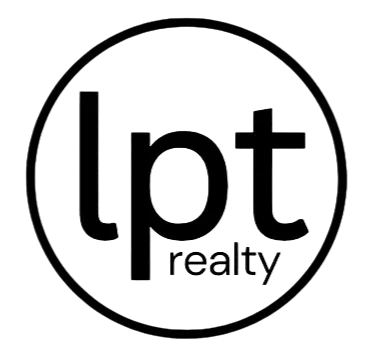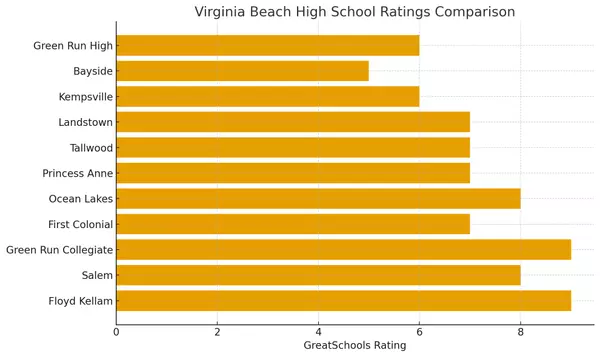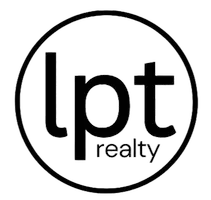What Is a Fixed-Rate Mortgage and Why Is It Important?

There are various types of mortgages, and it’s crucial to take the time to find the one that fits your financial situation best. A mortgage lender can guide you through important decisions, such as understanding how interest rates impact your loan, deciding whether to buy down your rate with points, locking in your rate, choosing between a fixed-rate or adjustable-rate mortgage, and exploring programs that could save you money. Let’s break this down:
What is a Fixed-Rate Mortgage?
A fixed-rate mortgage is a type of home loan where both the interest rate and the repayment period remain the same throughout the life of the loan. This means your monthly payments will be consistent, though the amount applied to the principal and interest will vary over time due to a process called amortization. The only costs that might fluctuate are property taxes and homeowner's insurance.
How Mortgage Rates Affect Your Loan
The interest rate on your mortgage determines how much you’ll pay to borrow money for your home purchase. It’s expressed as a percentage of the loan amount.
Several factors influence the rate a lender offers, including your credit score, down payment amount, and debt-to-income ratio. Lenders have different criteria, so it’s always a good idea to shop around and compare offers. If you opt for a fixed-rate loan, you can lock in your rate any time after signing the purchase agreement, up until closing.
Types of Fixed-Rate Mortgages
Here are the most common types of fixed-rate mortgages:
- FHA loans: Popular among first-time homebuyers and accessible to those with lower credit scores.
- Conventional loans: Available from a wide range of lenders, often with lower down payment requirements.
- 30-year fixed-rate: Offers lower monthly payments, making it a popular option.
- 15-year fixed-rate: Results in less interest paid over the life of the loan but requires higher monthly payments.
- 20-year fixed-rate: A middle ground between affordable payments and lower overall interest.
- 10-year fixed-rate: Best suited for those who can afford higher payments and want to pay off the loan quickly.
Fixed-Rate vs. Adjustable-Rate Mortgages
When financing a home, you'll choose between a fixed-rate mortgage and an adjustable-rate mortgage (ARM). A fixed-rate mortgage keeps the interest rate stable for the life of the loan, while an ARM starts with a lower interest rate but can increase after the initial period.
An ARM is often appealing for those planning to sell their home before the rate adjusts, as the initial rate is usually lower than a fixed rate. However, if you plan to stay in the home long-term or prefer more predictable payments, a fixed-rate mortgage may be the better choice.
How Does a Fixed-Rate Mortgage Work?
During the loan process, you’ll make decisions that dictate your loan terms, including whether to opt for a fixed-rate mortgage or an ARM. Here's a breakdown of key factors:
-
Loan program: Two common types are FHA and conventional loans. FHA loans are government-backed and accessible to buyers with limited savings or lower credit scores. Conventional loans, which are not government-backed, often come with stricter requirements but can offer lower interest rates and other favorable terms.
-
Loan term: Fixed-rate mortgages typically come in terms of 10, 15, 20, or 30 years. A shorter term means less interest paid overall, but it also means higher monthly payments. For example:
- A 30-year loan of $300,000 at 6% interest will cost roughly $1,799 per month, with $347,515 in total interest.
- A 15-year loan for the same amount will cost about $2,532 per month, with $155,683 in total interest.
- A 20-year loan offers a compromise between affordable payments and total interest, with monthly payments of about $2,149 and total interest of $215,831.
-
Amortization: With a fixed-rate mortgage, each monthly payment covers both the principal (the loan amount) and the interest (the cost of borrowing). Over time, more of your payment goes toward reducing the principal balance as the interest portion decreases.
Interest Rates
Interest rates vary based on the loan program and lender. It’s wise to compare rates by getting pre-qualified or pre-approved with multiple lenders, which typically involves a soft credit pull that won’t affect your credit score.
Pros and Cons of Fixed-Rate Mortgages
There are benefits and drawbacks to fixed-rate mortgages. Here’s what to consider:
Advantages:
- Predictable payments: Knowing your monthly payment amount can help you budget more effectively.
- Lower risk: You’re protected from potential interest rate hikes.
- Lock in a low rate: If rates are low when you apply, you can lock in the rate and avoid future increases.
Disadvantages:
- Higher initial rates than ARMs: While ARMs start with lower rates, fixed-rate mortgages are more stable but may not be ideal if you plan to sell your home quickly.
- Less flexibility: If rates drop, you’ll need to refinance to take advantage of the lower rates, which involves additional costs.
Should You Get a Fixed-Rate Mortgage?
Choosing a fixed-rate mortgage depends on your financial goals. If you value stability and plan to stay in your home for at least five years, a fixed-rate mortgage can provide long-term financial benefits. It’s always best to consult with a loan officer to help you make the most informed decision.
Categories
- All Blogs (51)
- Buyer Stories (1)
- Buyer tips (7)
- Buyers (3)
- Buying (2)
- Buying Advice (3)
- Buying Assistance (3)
- Credit & Debt (2)
- Down Payment (1)
- Financing (8)
- Financing Options (1)
- First Time Home Buyer (20)
- Foreclosures (1)
- Interest Rates (2)
- Loans (4)
- Military (6)
- Mortgage Interest Rates (1)
- Mortgage Rates (1)
- New Construction (1)
- Personal Finance (2)
- Refinance (1)
- Schools (11)
- Tax tips (1)
- Title & Closing (1)
- VA Loans (1)
Recent Posts











